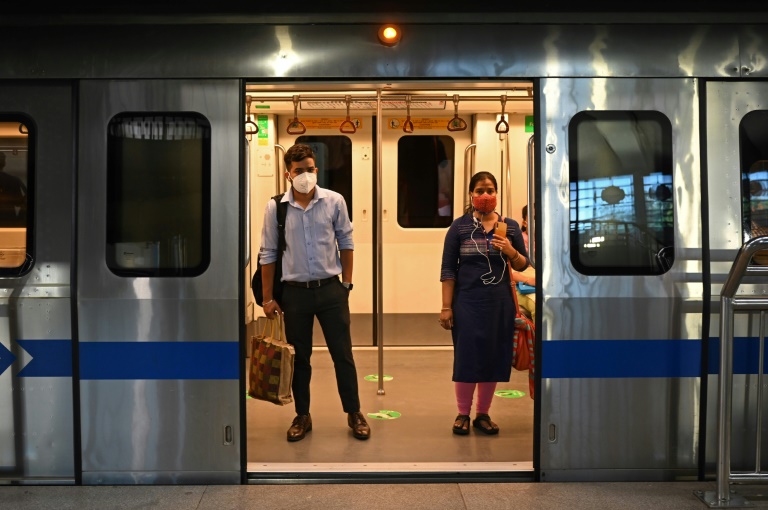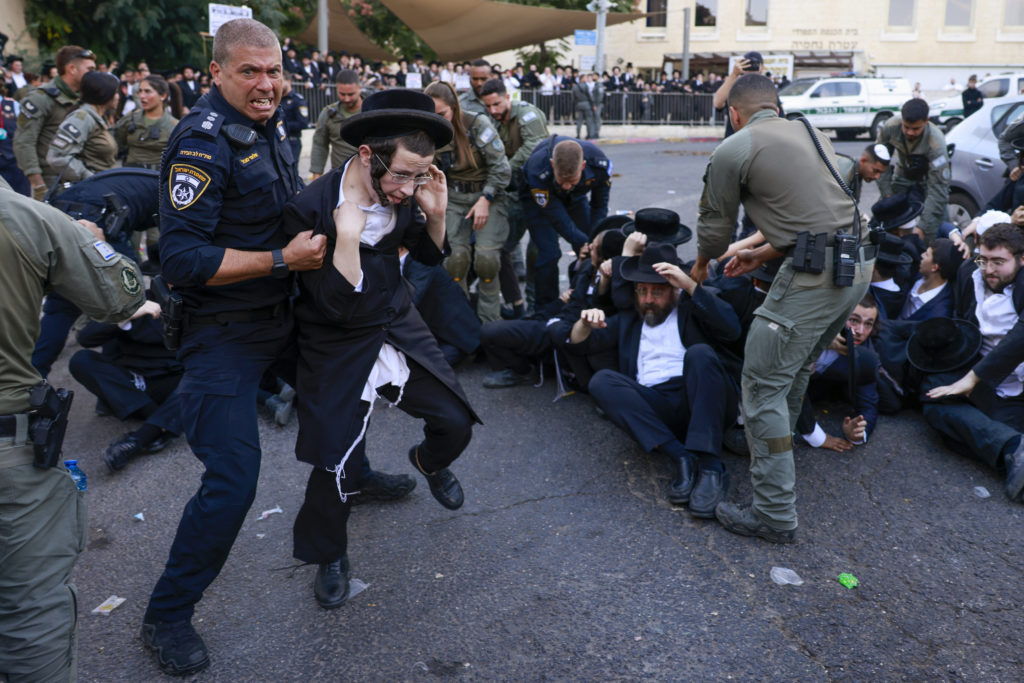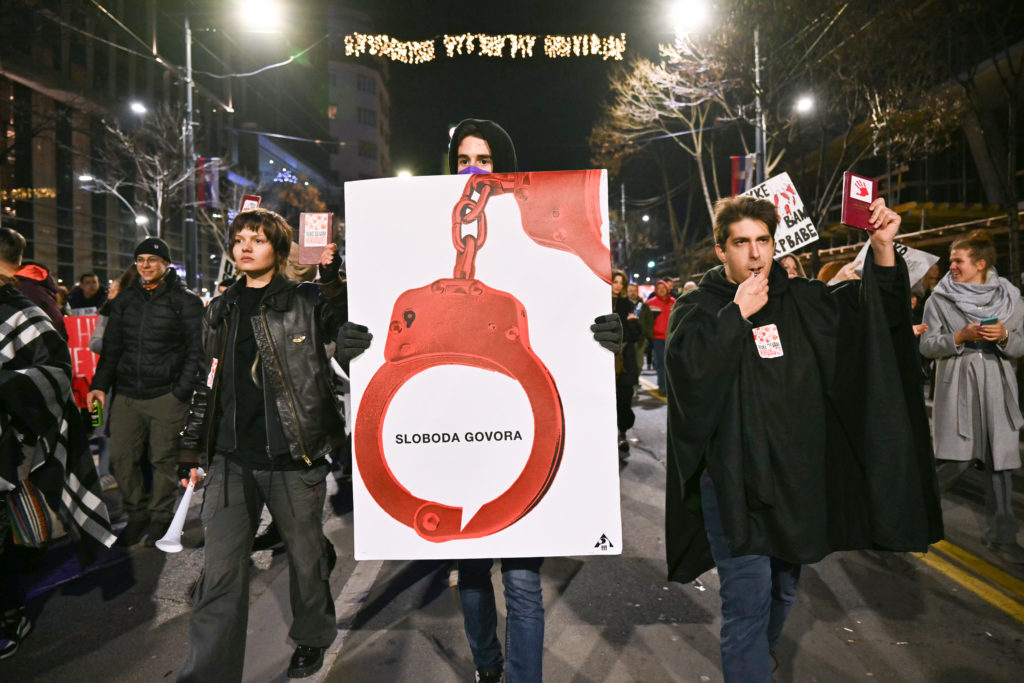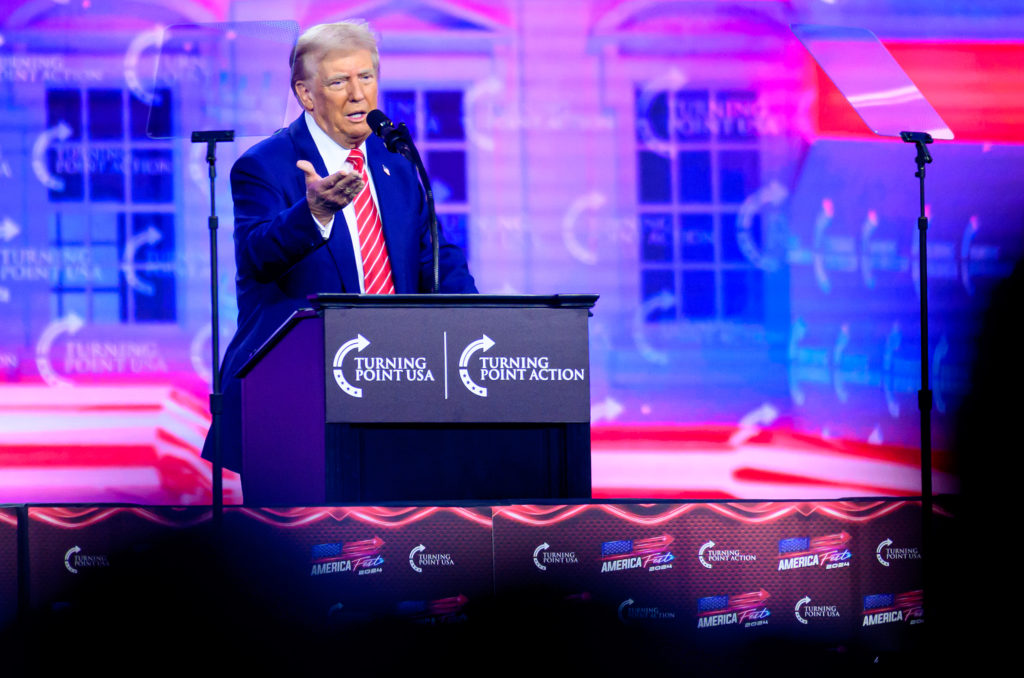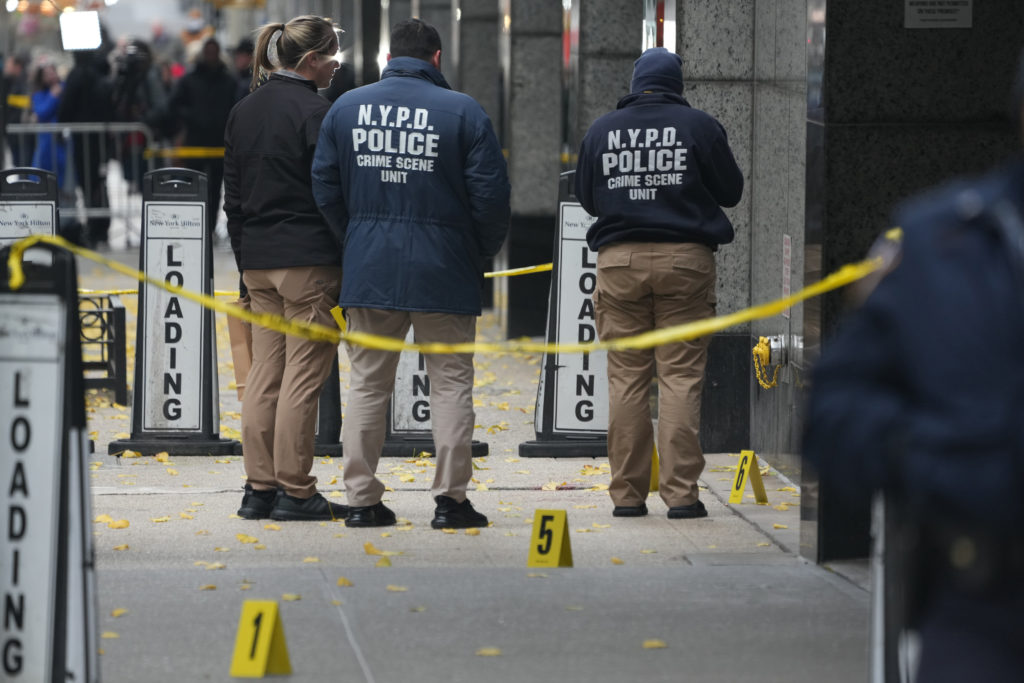India’s government will provide free Covid-19 vaccinations for all adults, Prime Minister Narendra Modi said Monday, as the capital New Delhi and financial hub Mumbai eased lockdowns on falling infection levels.
The nation of 1.3 billion people was hit by a massive coronavirus surge with record-breaking infections and deaths in April and May, becoming the second worst-hit nation after the United States with just under 29 million infections.
Authorities in Delhi and Mumbai, as well as other cities and states, imposed restrictions on movement and activities.
The national government expanded its vaccination drive for over-45s to everyone above 18 from May, but state authorities and private hospitals had to procure and pay for jabs for those aged below 45.
“All those above 18 people will get free vaccinations,” the Indian leader said in a live televised address, announcing the start of the programme on June 21.
Modi said the vaccination rollout would be “taken back by the central government”, following claims from states that there were insufficient shots.
Under the new policy, 75 percent of all vaccines made in India would be purchased by the national government with private hospitals able to purchase 25 percent.
Modi added that supplies would increase soon with other jabs in advanced trial stages in India.
The country has administered just under 233 million vaccine shots so far, but experts say the programme needs to be significantly stepped up to better combat the virus spread.
– ‘Welcome step’ –
The PM’s announcement came after Delhi and Mumbai cautiously lifted some of their lockdown restrictions, but warned residents to remain vigilant against the disease.
Some shops and malls reopened in Delhi and the city’s metro services were operating at 50 percent capacity. Roads quickly filled up with vehicles, but local shopping areas were quiet.
The northern city was reporting an average of 25,000 daily cases during its peak. It fell to 231 infections on Monday, officials said.
Delhi Chief Minister Arvind Kejriwal also announced that city officials would conduct door-to-door visits to enrol the over-45s for vaccinations.
Maharashtra, India’s richest state of which Mumbai is the capital, eased restrictions based on infection rates and hospital bed occupancy.
In Mumbai — where the caseload soared to 11,163 in early April — there were just 794 new infections on Sunday.
Malls were reopened in the city with restrictions, but were fully operational in cities with lower infection rates such as Nagpur and Aurangabad.
“This is a step in the right direction,” said Rajendra Kalkar of Phoenix Mills, which manages three shopping centres in Maharashtra.
“Businesses at our malls are coming back slowly.”
Experts warn that while the crisis has eased in Delhi, Mumbai and other major cities, the disease is still spreading in rural areas and in some southern and northeastern states.
The death toll — which usually lags infection figures by several weeks — was still at elevated levels, they added.
“Currently, the states with high test-positivity rates like Kerala and Tamil Nadu need to maintain the restrictions as any major easing can be risky,” community health expert Rajib Dasgupta told AFP.
India on Monday reported just over 100,000 fresh infections — after several days of 400,000-plus cases in May — and nearly 2,500 deaths.
The health ministry said total deaths were just under 347,000 so far, although experts warn the actual toll could be much higher and there have been claims of undercounting.

